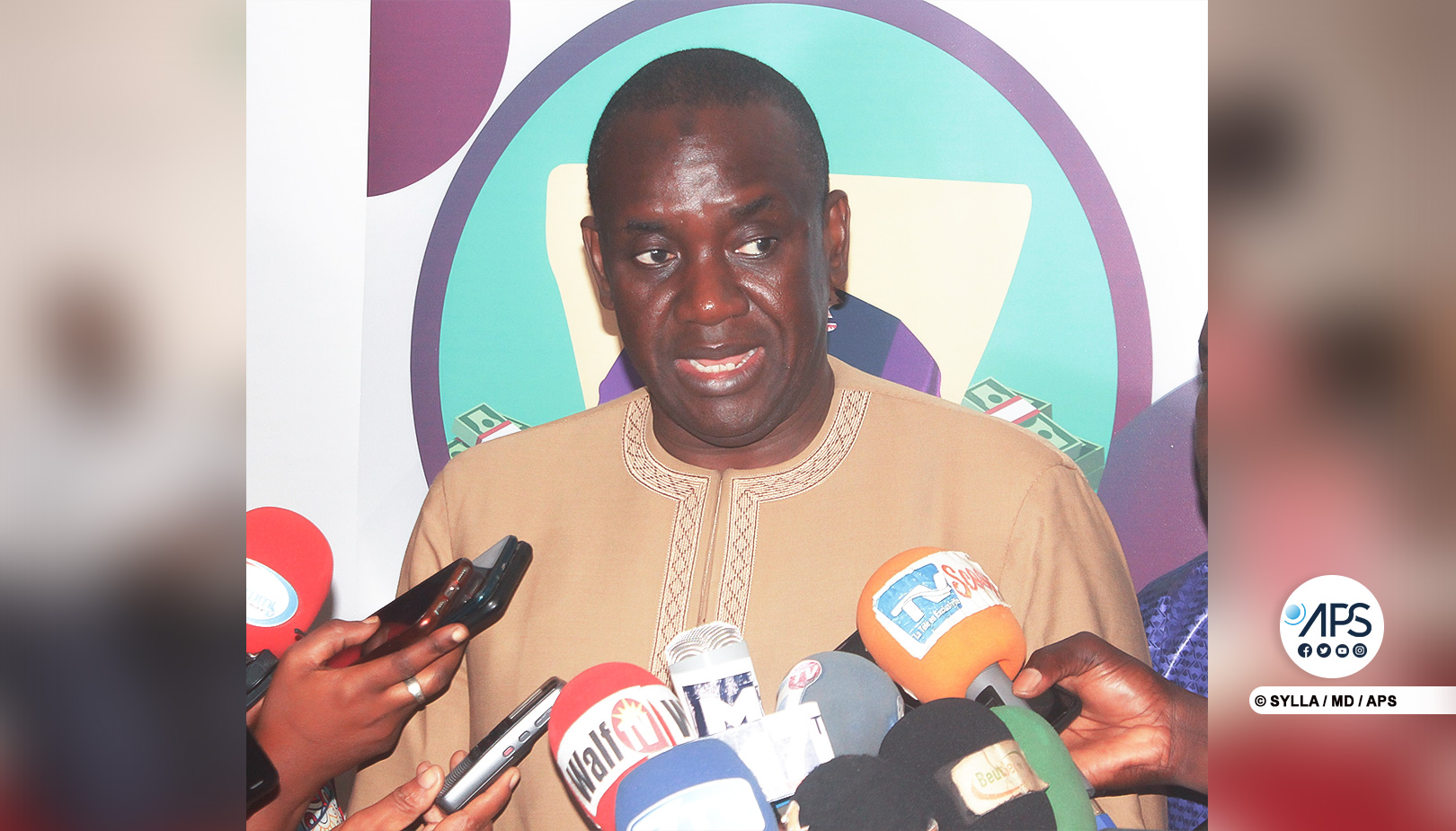Dakar, July 13 (APS) – The lack of assessment of tax treaties is an obstacle to policy in this area, says Alioune Thioune, chief inspector of the General Directorate of Taxes and Domains (DGID).
“Yes, the lack of assessment of tax treaties makes it difficult to implement tax policy,” said Thioune, who opened a knowledge-sharing workshop on taxation, organized by Oxfam. However, he pointed out that the DGID is moving in this direction.
” The result [des conventions fiscales], is that there are a lot more investments in our countries because they are companies. (…) These are companies that want to work with Senegal. They go through their states to be able to sign agreements with Senegal. So there are bound to be financial benefits,” Thioune explained.
According to Elimane Pouye, head of the study office, evaluation of tax rulings, Senegal has a total of 13 bilateral tax agreements in force, which have been “signed, ratified, announced” (France, Belgium, Canada, Spain, Norway, Mauritania , Qatar, Tunisia, Morocco, Lebanon, Malaysia, Taiwan, Luxembourg), as well as eight “bilateral conventions” signed but not ratified (Kuwait, Egypt, Iran, Portugal, United Kingdom, United Arab Emirates, Turkey, Czech Republic).
He also cited six initialed and unsigned bilateral tax treaties (Arabia, Saudi Arabia, India, Indonesia, South Africa, Turkey, Netherlands), four signed, ratified and adopted (WAMU multilateral instrument, OCAM and OECD, etc. ). That of Mauricio is the subject of a complaint after ten years of application, he specified.
Restrictions on Tax Rights of Developing Countries
He noted that several challenges stand in the way of achieving these goals. It recommends “a cautious approach to the conclusion of tax treaties, considering that the latter limit the tax rights of developing countries, even if these” can facilitate the installation of investors with induced effects on employment and creation of values and wealth.
He recalled the challenge of postponing the negotiation, ratification and assessment of the consequences of conventions to public scrutiny. » This through the publication of the political objectives sought through the tax treaties; the impact studies carried out before any signature, taking into account the loss of tax revenue and other aspects”.
It also recommended “strengthening the institutional capacity of the tax administration (human resources, multidisciplinary approach when negotiating tax agreements)”.
If Burkina, Niger and Senegal share the same problems in terms of tax policy, the observation is that Senegal is ahead in the number of agreements signed in terms of investments, according to the various speakers during the workshop. .
SNS/ASG/OID

“Passionate pop cultureaholic. Proud bacon trailblazer. Avid analyst. Certified reader.”







